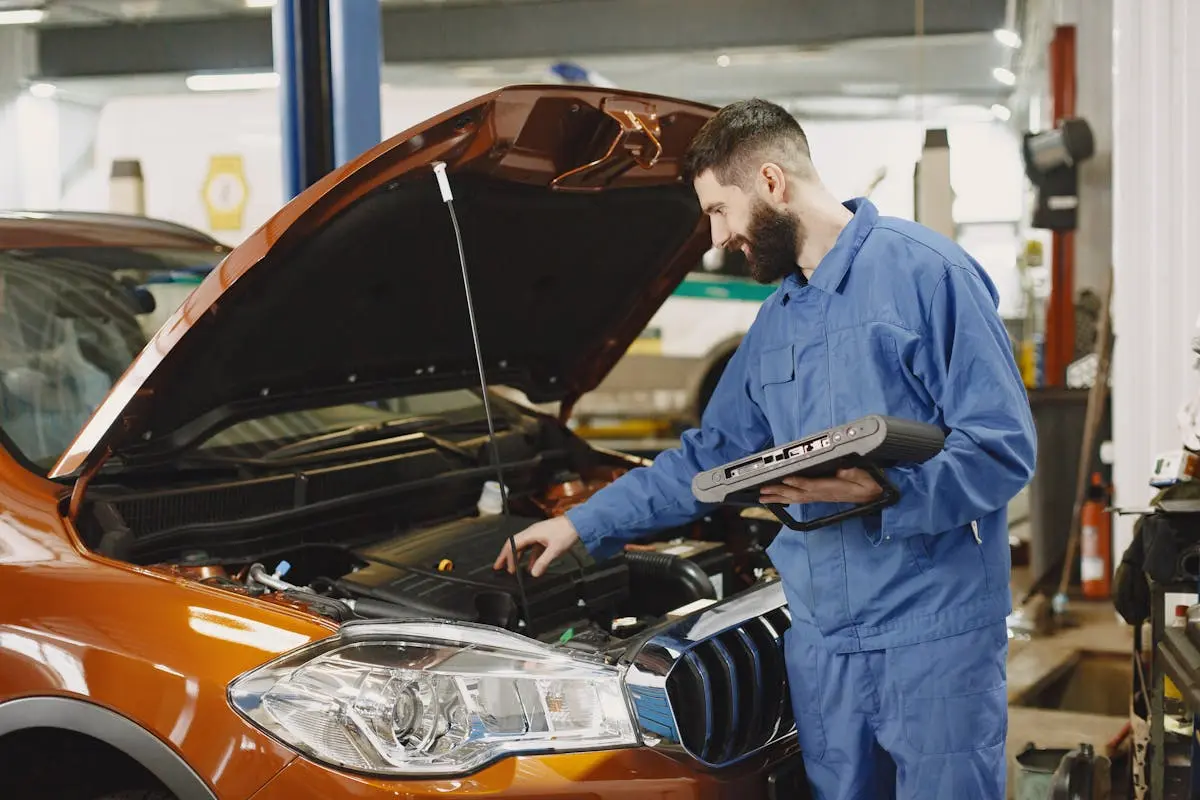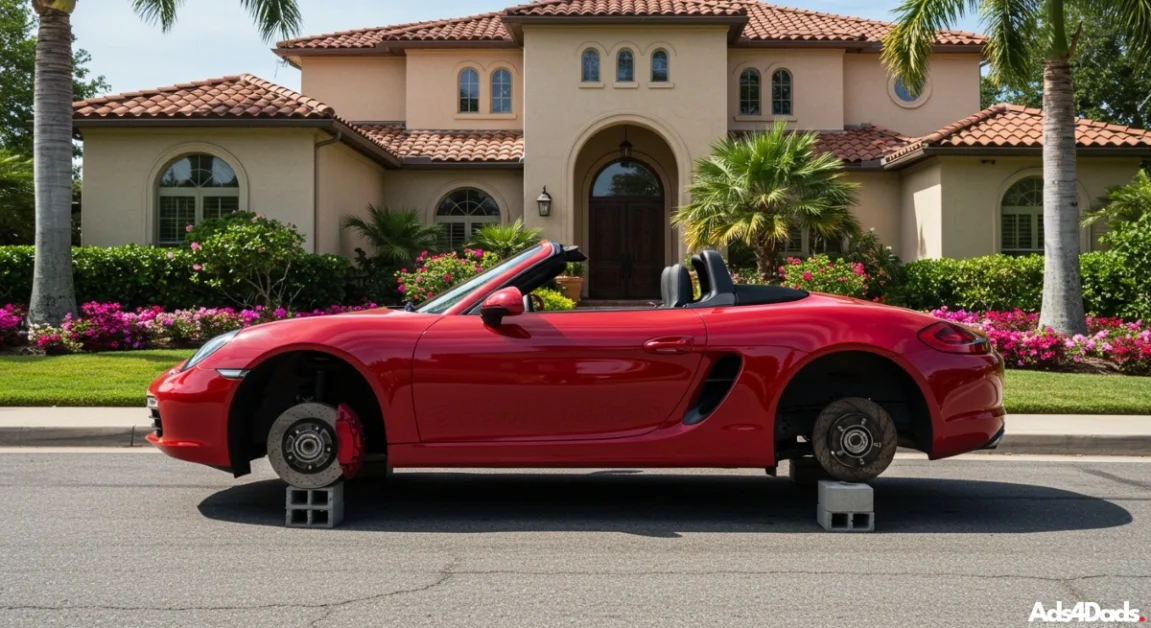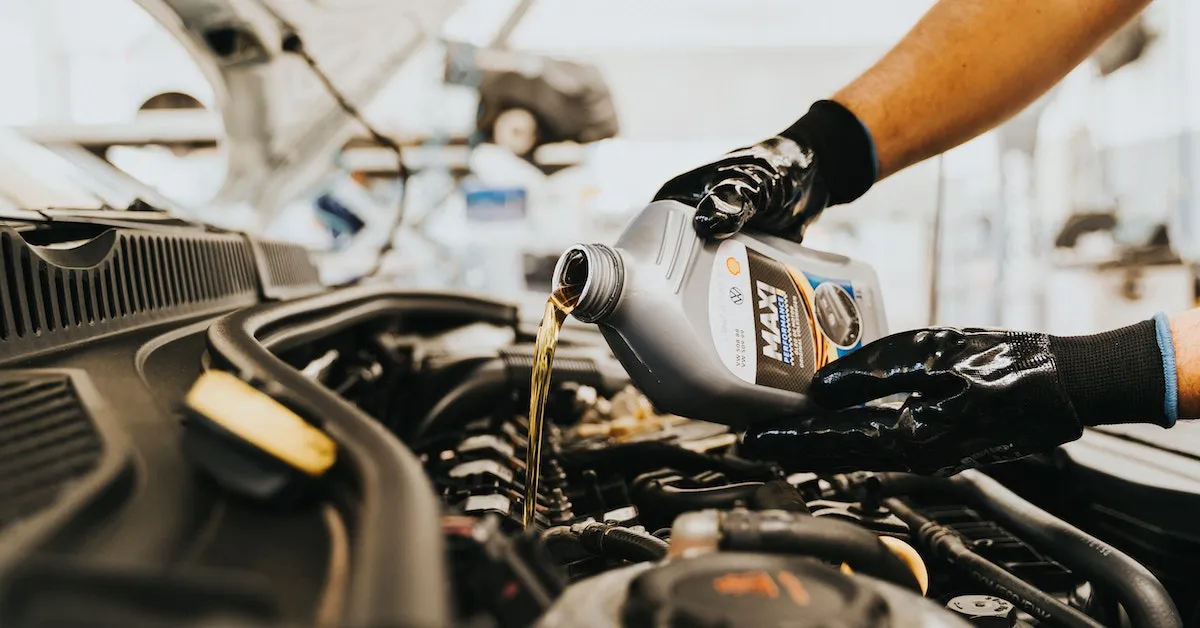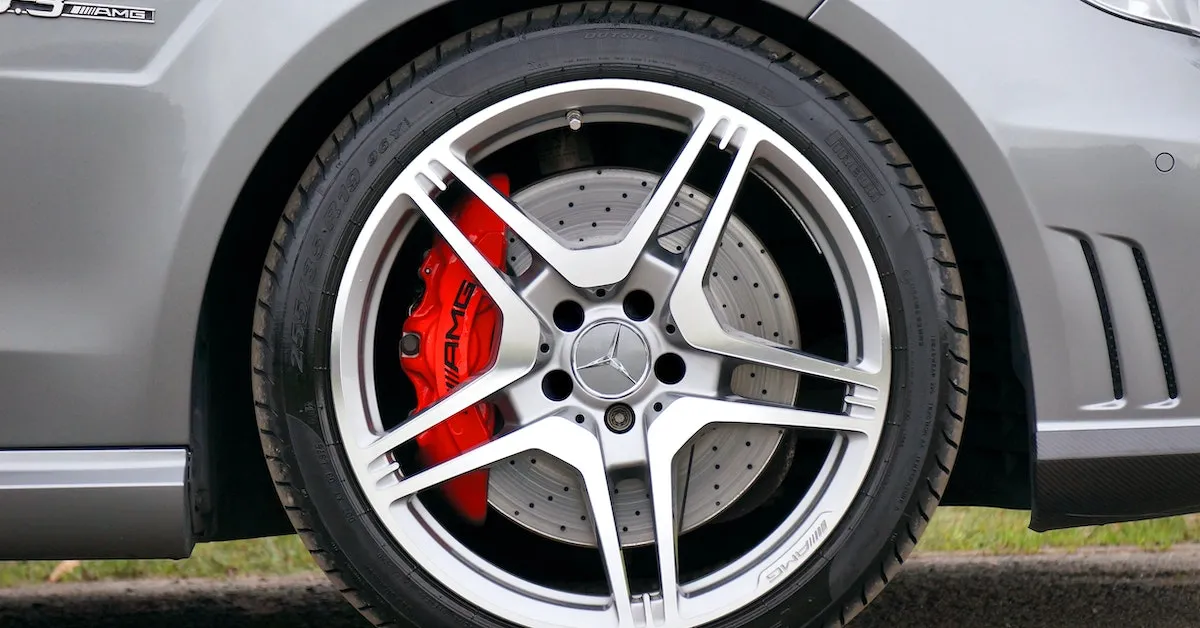With over thirty years of experience working on cars and trucks in dealership settings across the U.S., I’ve seen it all. From engine repairs to advanced electrical diagnostics, my work as a Master Certified Technician has taught me what sets true professionals apart. In this guide, we’ll explore what a Master Automotive Technician is, what they do, and how to know you’re trusting your vehicle to the right person.
What Does It Mean to Be a Master Automotive Technician?
A Master Automotive Technician is more than just a skilled mechanic. This designation represents someone with a deep understanding of every major system in a vehicle, from powertrains to electronics, and the ability to diagnose and repair complex issues accurately and efficiently.
Core Responsibilities of a Master Technician
Unlike general technicians who handle routine maintenance such as oil changes and tire rotations, Master Technicians are called upon to:
- Diagnose intermittent and hard-to-trace issues
- Perform advanced system tests and validations
- Execute module programming and software updates
- Repair or replace critical components across all vehicle systems
What Makes Their Skills Unique?
Many of the skills a Master Technician possesses are developed over years of hands-on experience. As challenges arise, technicians often become known for specific strengths, especially when they consistently solve the issues others can’t.
What Is a “Difficult to Diagnose” Condition?
These conditions are often intermittent, like a non-functioning air conditioner or an audio system issue that occurs only sometimes. The underlying cause could range from a faulty harness or sensor to a needed software patch. Master Technicians know how to isolate these issues through methodical testing and experience-based intuition.
If you’re currently experiencing issues with your air conditioner, take a look at our article: Did Your Air Conditioning Stop Working Today? You may find a solution here.
Tools and Technology in a Master Technician’s Toolbox
Advanced diagnostics require more than just a wrench. Dealerships often supply proprietary tools designed for specific manufacturers, such as:
- OEM scan tools (Ford IDS, BMW ISTA, etc.)
- Radar and sonar calibration kits
- Wiring harness testing equipment
- Network communication analyzers
- Noise detection sensors and pressure testers
Do Master Technicians Need to Be Certified?
Most dealerships and many independent shops require technicians to hold certifications. The most recognized credential in the U.S. is from the National Institute for Automotive Service Excellence (ASE). Certifications help ensure technicians stay updated on new technologies and repair standards.
Common ASE Certification Areas:
- Brakes
- Engine Repair and Performance
- Electrical/Electronic Systems
- Automatic & Manual Transmissions
- Heating and Air Conditioning
- Suspension and Steering
Where Do Master Technicians Work?
Most are employed at dealerships, where they have access to factory training, service bulletins, remote diagnostics support (Tech Hotlines), and even visits from field engineers. This environment allows them to operate as part of a team with access to the latest tools and resources.
Do You Need a Certified Technician for Every Repair?
Not always. For standard repairs on gas-powered vehicles, a local specialty or aftermarket shop may suffice, especially if they’re known for honesty and quality work. But for electric and hybrid vehicles, always seek out factory-trained technicians due to high-voltage safety concerns.
How to Choose the Right Shop
If you’re not visiting a dealership, ask potential repair shops questions like:
- What certifications do your technicians have?
- Do you specialize in certain makes or models?
- What is your hourly rate?
- Do you offer a parts and labor warranty?
Look for a 12-month/12,000-mile warranty at a minimum. Check reviews online, and don’t hesitate to walk away if something doesn’t feel right. A reputable shop will never pressure or rush you.
Conclusion
When it comes to vehicle maintenance, the right technician makes all the difference. Take your time, ask the right questions, and trust your instincts. Whether it’s a dealership or a specialized independent shop, peace of mind and expert care should always be your top priority.
For more expert tips on car care and ownership, visit our Car Stuff page.
FAQs About Master Automotive Technicians
They typically hold multiple certifications (often ASE Master status) and demonstrate hands-on expertise with diagnostics and repairs across all vehicle systems.
It usually takes several years of hands-on experience and passing multiple certification exams to achieve master-level status.
Not necessarily. Certifications are helpful, but experience, diagnostic ability, and problem-solving skills are equally important.
Dealership technicians have access to better equipment, training, and support for specific makes. However, some independent technicians may have comparable skills, but lack current industry knowledge and have limited resources.
Electric and hybrid vehicles involve high-voltage systems that require specialized training and tools. Dealerships are the safest option for these repairs.
Call the manufacturer’s customer service for assistance. They may have a field support engineer inspect your vehicle.
Take the vehicle to the dealership.
Yes. They will need to attend a school that specializes in Aviation Technology or Aircraft Mechanic Training and then obtain certifications.
Both are good choices. You’ll first need to consider industry demand, personal interest, training, and workplace location. Further research may be necessary to discover the latest career opportunities.
There are unique opportunities to learn how to become a heavy equipment mechanic. Some schools may be out of state or outside of the country. If possible, consider joining the military, national guard, or reserve.













